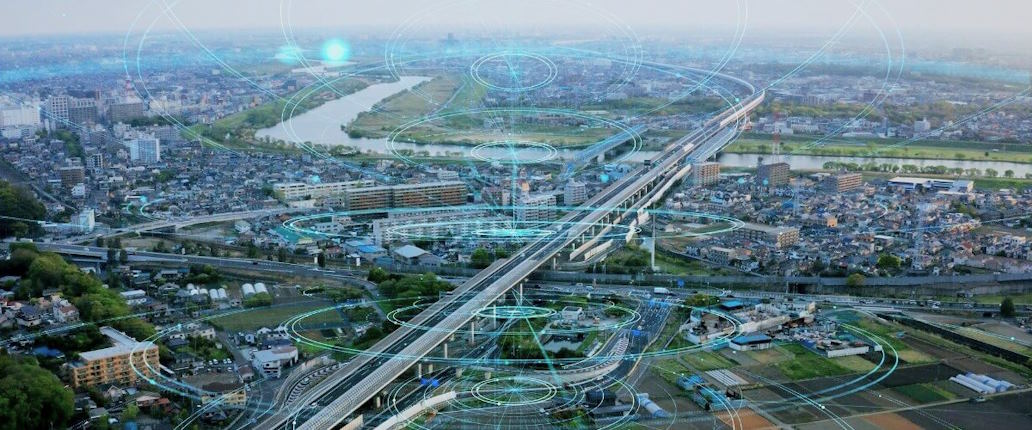Access to a Large Market
One of the significant advantages of doing business in Europe is access to a large and diverse market. The European Union (EU) comprises 27 member states with a combined population of over 450 million. This sizable consumer base allows businesses to expand their customer reach and target diverse market segments. Furthermore, the EU’s single market and free movement of goods, services, capital, and labor foster cross-border trade and collaboration, enabling businesses to scale and grow across multiple countries.
Supportive Regulatory Environment
Europe boasts a well-regulated and supportive business environment that promotes entrepreneurship and innovation. The region has robust legal frameworks, intellectual property protections, and transparent business practices that instill confidence in investors and businesses. European governments often provide incentives, grants, and tax benefits to attract and retain businesses. These supportive policies and regulations create a conducive environment for startups, small and medium-sized enterprises (SMEs), and multinational corporations to thrive and flourish.

Strong Innovation and R&D Ecosystem
Europe has a rich tradition of innovation and a strong focus on research and development (R&D). The region is home to leading research institutions, universities, and technology clusters that foster collaboration between academia and industry. This environment fuels innovation and facilitates the development of groundbreaking technologies and solutions. European businesses benefit from access to top talent, cutting-edge research, and collaborative networks that drive innovation and give them a competitive edge in the global market.
Skilled Workforce
Europe’s highly skilled and multilingual workforce is a valuable asset for business operations. The education systems in many European countries emphasize technical expertise, critical thinking, and problem-solving skills. This skilled talent pool enables businesses to recruit and retain talented professionals to contribute to their growth and success. Moreover, the free labor movement within the EU allows businesses to tap into a diverse pool of talent from different countries, fostering innovation and cultural exchange.
Infrastructure and Connectivity
Europe boasts modern infrastructure and excellent connectivity, providing businesses with efficient logistics and communication networks. The region has well-developed transportation systems, including extensive road and rail networks, international airports, and seaports that facilitate the movement of goods and services. Additionally, Europe’s digital infrastructure, including high-speed internet connectivity and advanced telecommunications networks, supports digital transformation and enables businesses to operate globally and embrace emerging technologies.
